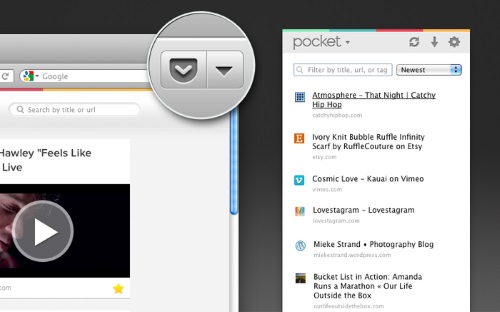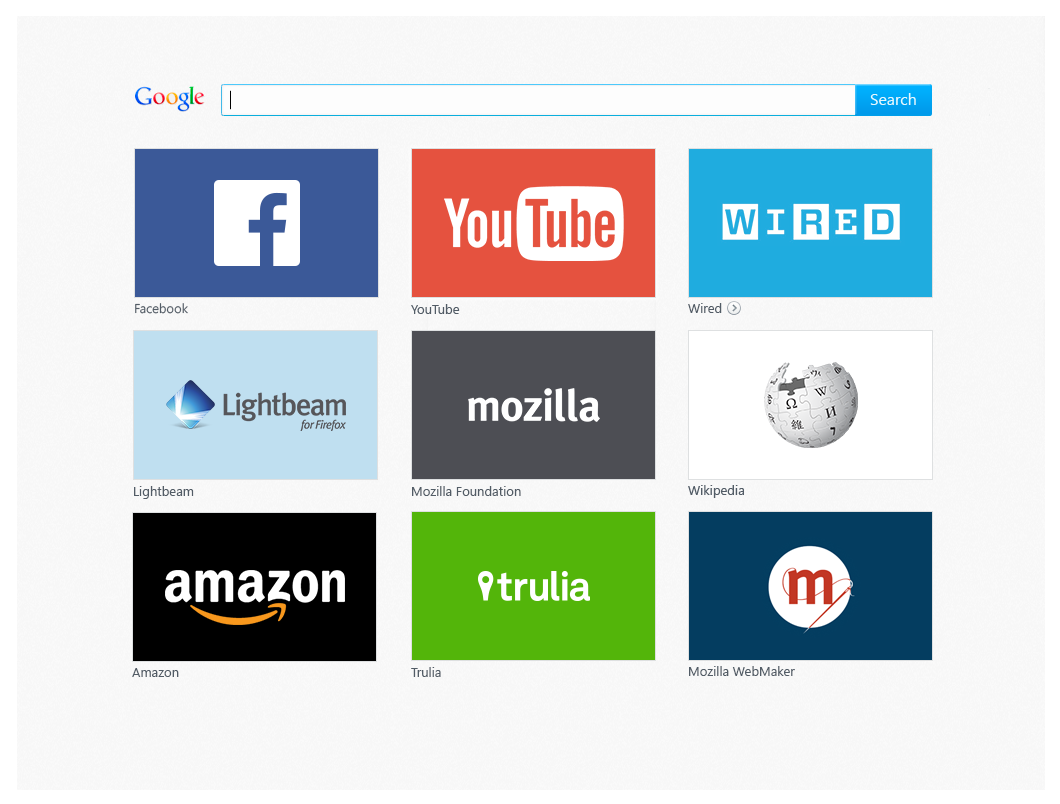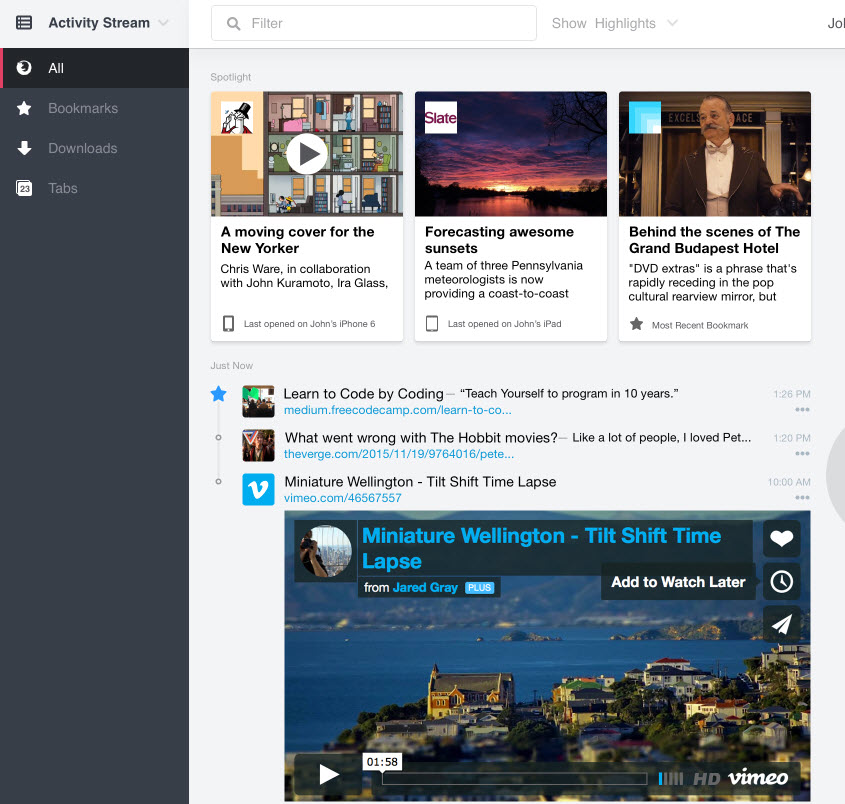Who knows what is going on at Mozilla?
As a passionate Firefox user who values that browser more than any other currently on the market, I have seen Mozilla make a number of bad decisions in the past couple of years.
None of those managed to get me to the breaking-up point where I shed a tear and waved the browser goodbye for good but they have made me question why these decisions and implementations were made in first place.
I won't talk about Australis or Web Extensions here.
Here, I'm going to concentrate on decisions where revenue opportunities have played a role in the decision making process whether to implement a feature in Firefox or not.

Lets start with the Pocket integration in Firefox. Pocket is a popular read-it-later service that was available as a browser add-on for Firefox previously.
Firefox users can disable Pocket and ignore it from that moment on.
Mozilla made the decision to integrate Pocket natively into Firefox, and engineers stated openly that Mozilla was not benefiting monetarily from the integration.
Later, it turned out, that this was not the case, and that Mozilla had a revenue share agreement with Pocket.
OK, so my knowledge about this still extremely limited. It's basically exactly what the article says: they aren't paying us directly for the Pocket integration. I think the revenue sharing thing kicks in if you subscribe to the premium service.
FWIW I hadn't heard about the revenue sharing thing until later on, and even then it was just rumor. This is the first time I've seen this directly attached to somebody in a leadership role.
The question that I'm asking myself now is whether Pocket would have found its way into Firefox in the first place if the revenue share agreement would have been public knowledge, and how many of Firefox's engineers still stand by the decision that a native Pocket integration was the right decision.
While executives don't need to reveal to engineers why they want something done, these engineers might have argued against the integration if they would have known about the financial motivation behind it.
New Tab Page ads

Another controversial, money related feature that Mozilla experimented with were ads on the browser's New Tab Page.
These sponsored tile ads were dropped in late 2015 in favor of content discovery according to Darren Herman, Mozilla's VP of Content Services.
We have therefore made the decision to stop advertising in Firefox through the Tiles experiment in order to focus on content discovery
While not mentioned explicitly, it is likely that these ads were not bringing in a lot of money, considering that they were only shown on the default New Tab Page (which filled with tiles of sites the user visited after a while).
The future

Mockups of a new Activity Stream feature and New Tab Page redesign were published last month.
While mockups don't necessary find their way into the browser, it seems that Mozilla plans to go ahead with the focus on content discovery mentioned by Herman.
The Spotlight feature will display "nearly now" and "recommended" content, and seems to be similar to the Discovery feature of the Opera browser.
I welcome a redesign of the browser's history page as it could be better (as do those of Chrome and other browsers).
It is likely that Mozilla will provided options to disable Spotlight should it decide to launch it.
Personally, I have no use for it and think that it takes up too much premium space in the mockups.
Closing Words
Mozilla makes most of its money from its search deals, and diversification of that one revenue stream is a good thing.
What bugs me the most about these decisions however is that, at least when it comes to Pocket, Mozilla has not been open about the monetary gains it receives from the integration, and that money may have been one of the primary motivators in integrating the service into Firefox.
All features mentioned up to this point can be disabled easily in Firefox which is undeniably one of the strengths of the browser.
Now You: What's your take on this?